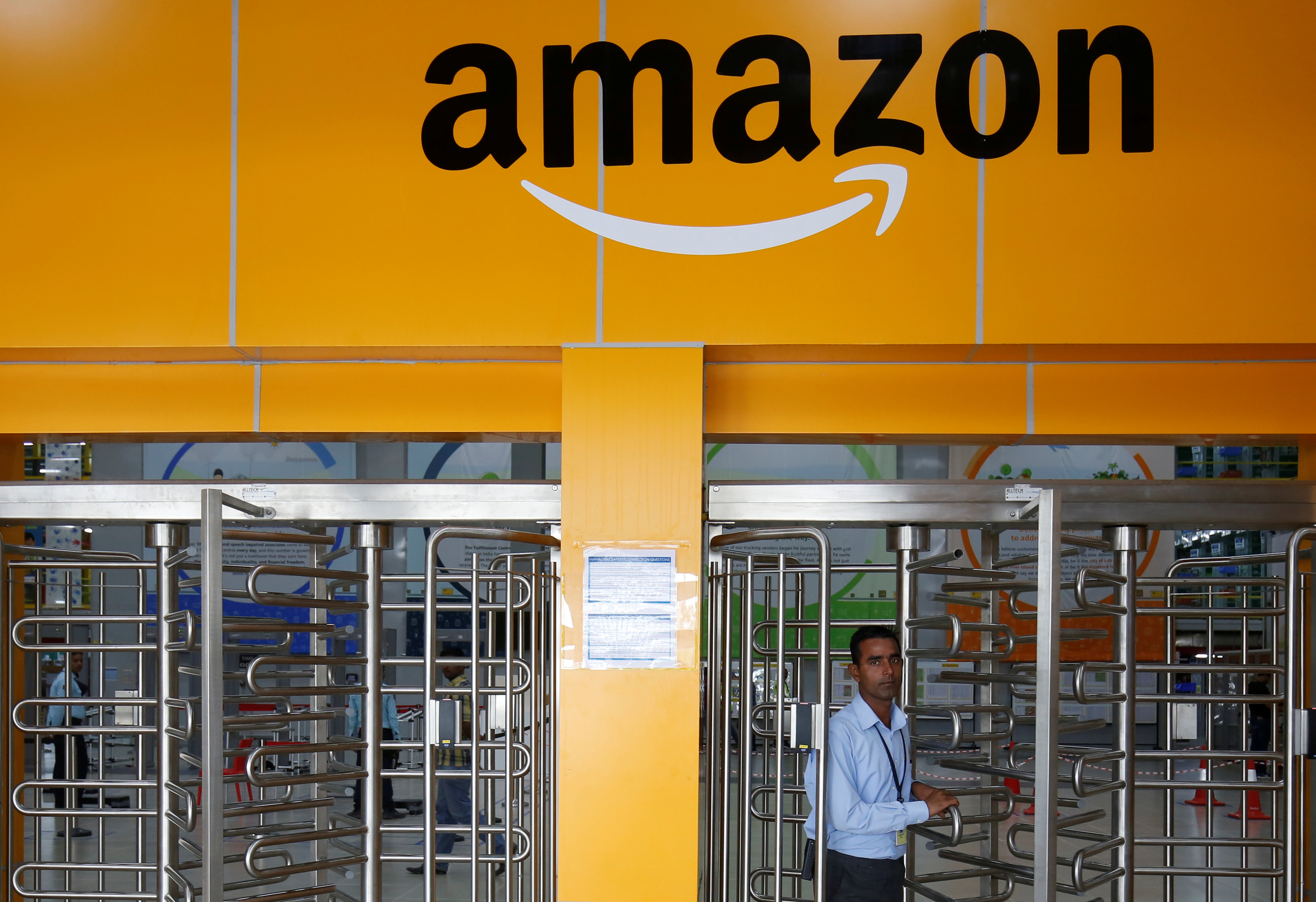(ATF) Taking advantage of the success of its online payment platform in India, Amazon.com is reportedly adding more financial technology – fintech products – as part of a land-and-expand strategy.
According to a Reuters report on Wednesday, Amazon in August added insurance and gold to its menu of financial services in India, to not only to spread its fintech wings, but also expand its customer base and attract more subscribers to its Prime loyalty programme.
Yet even as Amazon’s fintech expansion could rev up the country’s still-evolving fintech space, given the scant adoption of technology for financial transactions in the country, it will be a long road to profits, experts predict.
“Although Amazon has been a little late as an entrant, it is trying to leverage its brand name and global heft to be a five-hundred-pound gorilla in India’s retail fintech space,” Srikanth Meenakshi, co-founder of Primeinvestor.in, a research and intelligence platform for fintech investors, told ATF.
Strong rivals
“I am also sure Amazon would be able to carve its own space, but it is not going to be easy because Amazon is about four years late and India is still struggling with fintech adoption.”
Fintech is providing financial services by making use of software and modern technology but Srikanth estimates less than 0.1% of India’s investors use technology for making investments.
Besides, Amazon’s fintech push comes at a time when its deep-pocketed foreign rivals like Google, Walmart Inc’s PhonePe, and Paytm, backed by SoftBank and Alibaba, are already struggling for profitability and battling regulatory issues.
Facebook Inc’s WhatsApp for instance, which boasts over 400 million users in India, has been wrestling for over two years with India’s new data-localisation rules to offer payment services.
And Paytm has reportedly booked losses running into the hundreds of millions of dollars. PhonePe, meanwhile, has said it hopes to turn profitable by 2022.
India, after all, is still a predominantly cash-based economy, given about 190 million adults do not even have bank accounts.
“That apart, margins in the fintech transaction are thin to almost none, so to make its fintech foray worthwhile, Amazon will have to rely on its might and size,” Mukesh Jindal, founder of the fintech advisory platform, Robo Adviso told ATF.
Late but innovative
Following a ban on high-value currency notes in late 2016, that amplified a digital payment drive, Amazon launched its Amazon Pay digital wallet in India that year. It has since introduced a credit card, signed up to a state-backed payments network, and processes payments for movie and flight tickets, as well as telephone and utility bills.
Amazon has also been in a pioneer in offering doorstep cash-pickup service that allows its Indian customers to load money into the digital wallet. Plus, it has invested in startups such as Emvantage Payments and BankBazaar.
And, in yet another first in the country, it began offering auto insurance in July and gold investment products in August.
Its US fin-tech efforts have been modest by comparison, stymied in part by merchant reluctance to use services offered by their biggest retail rival. Still, over 33 million people use Amazon’s payment system, and it has lent more than $3 billion to merchants on the platform since 2011. Early last year, the company introduced Amazon Cash, where users can load funds onto their Amazon account.
In India, however, where it has over 100 million registered users, Amazon is better placed to use financial services to win subscribers to its annual $13 Prime plan, which offers faster shipping and music and video streaming, tech executives said.
To that end, the company aspires to make Amazon Pay the country’s payment method of choice, and has already signed up four million merchants, Mahendra Nerurkar, head of Amazon Pay in India told Reuters.
Read more: Ant Group plans consumer finance firm
“Apparently Chinese fashion designers are leaving the back pockets off jeans because no one uses them anymore (for wallets),” Nerurkar said. “We would love to make that happen in India.”
“It is likely that the next step for Amazon would be to distribute exchange-traded funds and mutual funds,” Niren Shah, India head of Silicon Valley firm Norwest Venture Partners told Reuters.
While existing fintech players need to be wary and be watchful of Amazon’s entry, industry players say its sheer muscle does not necessarily mean it is going to make a significant impact right away.
“That’s because, one, the products they are launching are not novel. Insurance and gold have been part of the fintech platform already offered by players which have built a bank of trust with their customers,” Srikanth said.
But Amazon’s entry augurs well for fintech, because it will make the market bigger and allow more to participate in a huge market with lowest penetration of financial products, analysts say.
For instance, “just about 6% of Indian investors invest in mutual funds,” says Mukesh of Robo Adviso. “One of the reasons for that low penetration is that investors do not have faith in their advisors and intermediaries. The presence of a globally established brands like Amazon, will surely help increase penetration of fintech in the country.”
A study by PwC and Indian lobby group Assocham projects India’s digital payment market to more than double to $135 billion in size by 2023. And Niti Aayog, the country’s policy think-tank, says the fintech market in India is already about $31 billion.
(With reporting by Reuters).
























